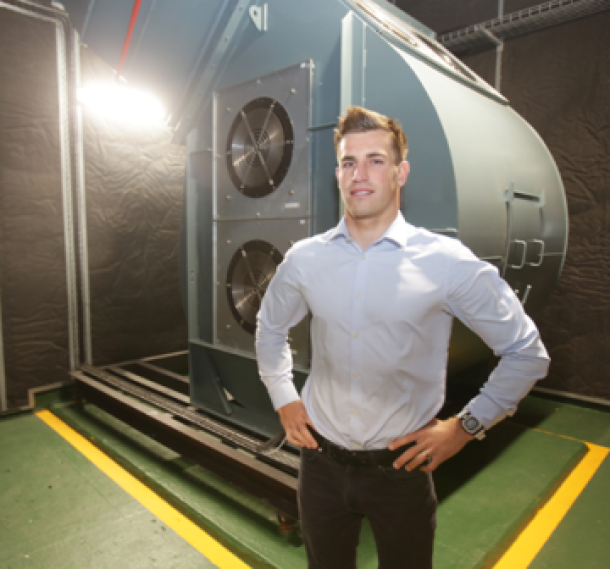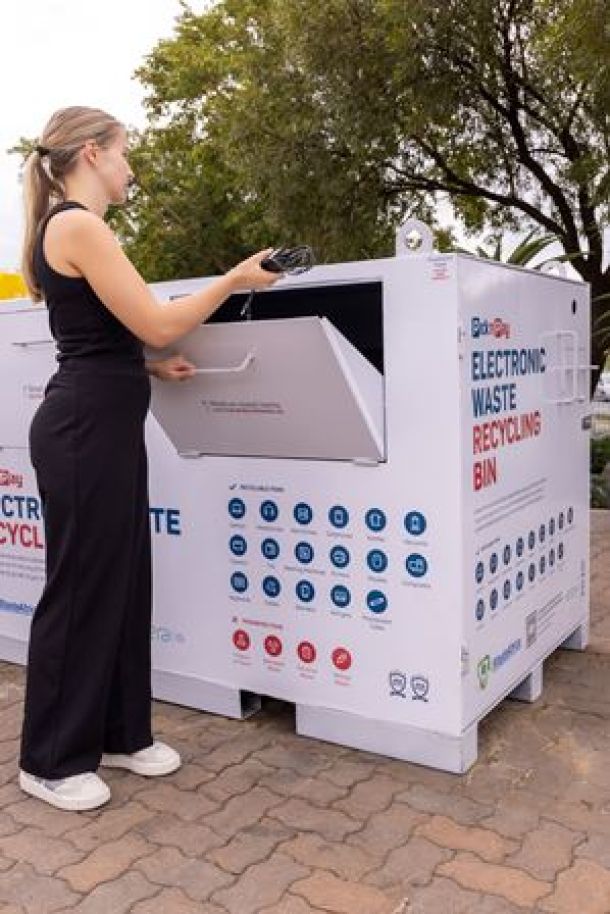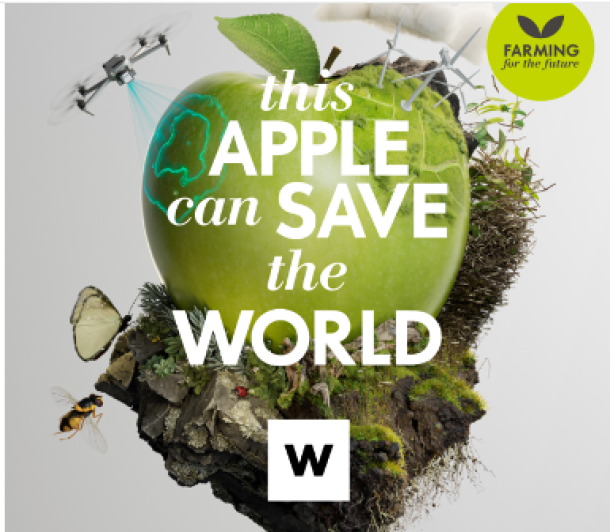Small firms in the dark over going green
The government and big business must step up efforts to draw more small, medium and micro-manufacturing enterprises into the green economy to protect SA’s natural resources and boost job creation and economic growth, a study has found.
A survey conducted by the Gordon Institute of Business Science (Gibs) and supported by JP Morgan has found that very few manufacturing small, medium and macro enterprises (SMMEs) in Gauteng are environmentally aware and engaged in the green economy.
"Zumas come and go, but we get one shot at the environment," says Dr Jonathan Marks, a senior lecturer at Gibs who teaches entrepreneurship.
Much of SA’s economy relies on extractive industries, which damages the environment, he says.
"We don’t notice the effects of environmental degradation day-to-day. [We notice it] only when it’s done and we don’t have access to [resources]."
There is an opening in the Western Cape where residents in the midst of a water-shortage crisis are using grey water in their gardens.
Small businesses offering water-treatment technology have the opportunity to entrench themselves in the region, Marks says.
Apart from being a significant contributor to GDP, the manufacturing sector is a high-growth area for jobs, according to the study.
At the 2017 World Economic Forum, it was highlighted that large numbers of people are employed by green industry businesses, including 3.5-million in Bangladesh, 1.4-million in Brazil and 2-million in Germany.
Despite the green economy’s potential for economic growth and job creation, the Gibs study, which surveyed 67 SMMEs through self-administered surveys and selected interviews, found a limited understanding of what it meant to be sustainable and part of the green economy.
Broadly defined, the green economy promotes resource-efficient, equitable and just business practices.
Many SMMEs are not willing to sacrifice profit for better environmental practices, something that doesn’t necessarily change when these businesses grow larger, the study has found.
Nelisiwe Radebe, the founder of Remarkable Waste Management Solutions, a Gauteng-based SMME providing waste removal and recycling services, says being sustainable today means fewer costs in future.
Ethical practice among some SMMEs is also quite poor in the areas of governance and human rights, Marks says.
The example set by the government is so poor that many of these businesses feel that if the government is "lying, cheating and stealing", they are entitled to do the same.
SMMEs need to be given clear steps for becoming sustainable, Marks says.
In this light, the study developed a taxonomy of the green economy which enabled SMMEs to classify themselves according to their levels of sustainable development and green economic activities, Marks says.
The government needs to communicate more clearly the business benefits of sustainable practice, making it easy for SMMEs to access funding and support for these, the study recommends.
SMMEs implementing sustainable business practices, such as better waste management, could accumulate points which they could redeem for tangible rewards or mentorship for their business.
Big business could also play a role by assisting SMMEs that are part of their supply chains to improve environmental practice, Marks says.
While the government has addressed the green economy at a national policy level — through, for example, the National Development Plan — more could be done at a provincial level to co-ordinate efforts across different departments, he says.
News Category
- International retailers
- On the move
- Awards and achievements
- Legislation
- Wine and liquor
- Africa
- Going green
- Supplier news
- Research tools
- Retailer trading results
- Supply chain
- Innovation and technology
- Economic factors
- Crime and security
- Store Openings
- Marketing and Promotions
- Social Responsibility
- Brand Press Office
Related Articles

Pick n pay upcycles air-conditioning systems, s...

Shoprite Group opens pathways to job opportunit...

Pick n Pay empowers shoppers in the fight again...

Massmart implements early leak detection techno...


